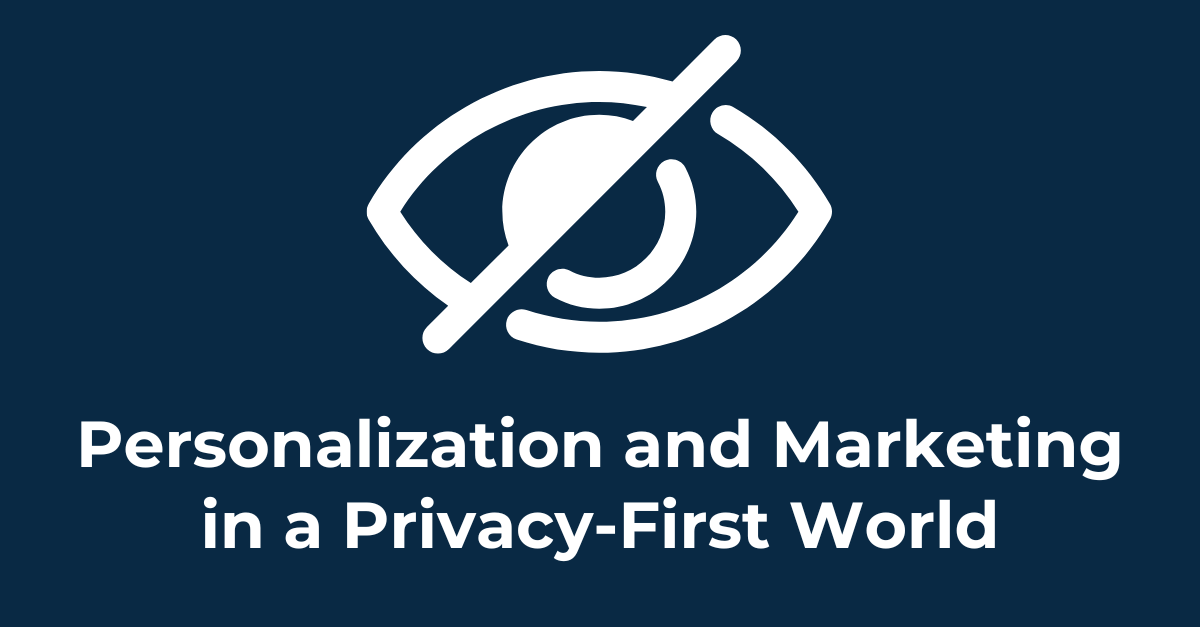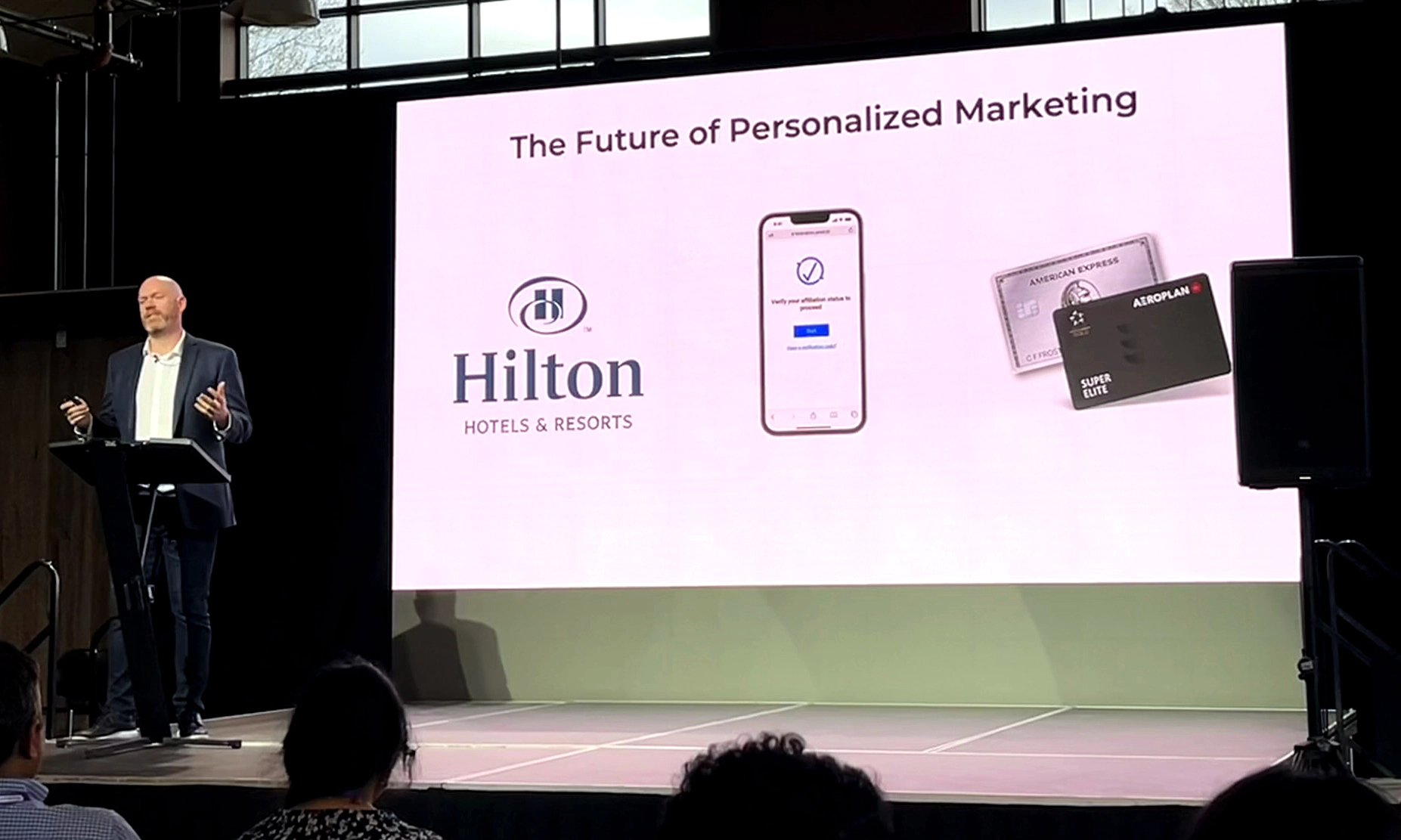 April 27, 2023 |
3 min Read
April 27, 2023 |
3 min ReadPersonalization and Marketing in a Privacy-First World
Global consumer sentiment is at an inflection point when it comes to personal data, privacy, and the digital commerce experience. It’s not just high-profile cases like Cambridge Analytica and the abuse of data collection and sharing without proper consent. Time after time we read about yet another data breach where who knows what of our personal data has been leaked and more and more, we experience that unsettling feeling where it seems like advertisers know just a little bit too much about us.
Governments are taking action, with privacy legislation being enacted all over the world. Tech leaders like Apple and Microsoft are taking a privacy-first approach to their own product design and ecosystems. Taken together, the winds of change are blowing, and we believe that the future of personalization and marketing must acknowledge and respect the end user’s right to privacy.

So how do marketers, who know that personalization is one of the most effective marketing tactics to increase revenue, adjust to a privacy-first world without third-party cookies and complex regulation? Some people think that first-party, or even zero-party data is the solution, but if you’re just prompting people to give you more, you’re introducing friction into the buying process.
We believe that the answer lies within the user’s own identity attributes, group affiliation, loyalty, and memberships. Brands can provide personalized experiences by partnering with a company like Proxi.id to offer special perks, discounts, gated offers, and personalized promotions to verified customers that have certain attributes or are in these groups.
Everyone has heard of the student discount, or the military discount – it’s a time tested, proven tactic. But these are almost too generic. We know all about loyalty programs and memberships, like AAA or mileage plans, as a way to target at the macro level. But what if you could go down to the micro level? What if you could create any number of highly targeted, personalized campaigns that take advantage of multiple different attributes or affiliations?
Maybe you’re a luxury hotel brand and have a strategy to target frequent travelers, on business, that have a certain income profile. Or you sell at an enterprise level to Fortune 100 companies, some of which may have hundreds of thousands of employees, and you want to extend a benefit to them personally as well. Or you feel that your ideal buyer persona is a white-collar professional, or in a trade union, or holds certain status and participates and values different loyalty programs.
We all belong to many groups and programs, and our wallets (even digital ones!) are proof of that. Consumers will want to take advantage of their affiliations and so will brands. But it won’t come at the cost of consumer privacy. Myself, and the entire team at Proxi.id, are committed to building towards this future.